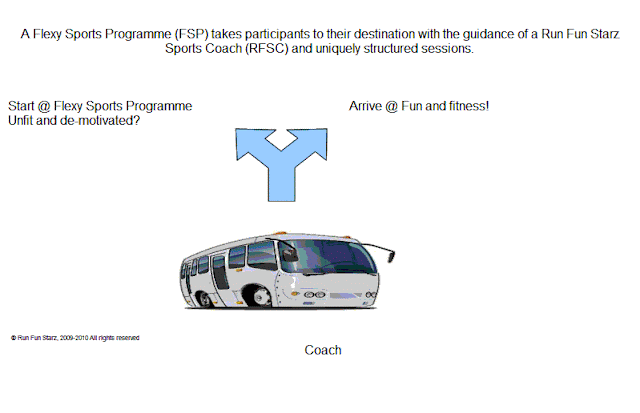Youth sports, What is More Important: Winning or Participating?
How many times have you heard the saying 'Its not winning that is important, its participating'? Probably countless times. Chances are that the answer you will be given to the question will lie with the person you ask. Research from academics like Istvan Balyi who designed the Long Term Athlete Development make the case that winning should not be highlighted to kids until the age of 14 years and over because they are not physically or psychologically matured for competition and winning prior to this age. He also stressed that the risk of overemphasising winning to children could eliminate enjoyment and ultimately deter them from participating because of the pressures of winning.
The UK's National Framework for Sport is based on Dr Istvan Balyi's Long Term Athlete Development. Therefore when we relate the question to government institutions the importance of participation is also the main focus of the National Physical Education Curriculum and Extra Curriculum activities which includes after school sports clubs. This is obviously because local authorities have a duty to maximise the provision of sport and ensure that they remain inclusive as possible. Rightfully, the opportunity for every child and young person to participate regardless of ability, experience, socio-economic background becomes a priority over winning.
The down side to prioritising participation is that you fail to encourage children and young people who have the ability, talents, experience, motivation or confidence to do better. The practice and view that the child achieves to the average standard is often acceptance as ‘good enough’. It is essential that children are challenged and given the means to achieve the best.
On the contrary, a week end Community Rugby Club with an Under 12's team is likely to emphasise winning because it is the reason the club exists and it is involved in competing with teams. In addition, some clubs like these require a membership fee. The fact that a financial contribution is made by parents will often mean that the club must give value for money through the supply of a full Rugby Kit, training sessions delivered by highly qualified Rugby Coaches, Social Events and their child's admission to matches as part of the cost. Children and their parents expect to get something out of it and in the eyes of many the best reward is winning tournaments, prizes and medals. Furthermore, if the case is that the funding and operation if the club is attributed to a private donor such as a local business or sponsor there could be specific demands given to the club to obtain the support. Some donors will want the club to be successful to offer a contract/funding. Thus the club will be obliged to win as much as possible. In this scenario winning would be more important than participating.
Clubs like these would argue that winning is more important despite the young age of the children because of the winning mentally it instills into the players. Indeed as a coach you will constantly see that a lot of children love the element of competition. This is the same for activities in primary/secondary school and youth clubs. A question that a community coach is always bombarded with is 'When can we play a match?' This suggest that of course they enjoy the idea of winning and it is not just about participating which matters to them. Clubs who have young people compete on their behalf believe that the prospect of winning for their members is an effective way of preparing them for the future demands as they improve with age, learn their trade and since they are being supported by coaches, club staff, parents and sometimes psychologists the possibility of pressure is minimised.
However, the danger of dismissing participation is forgetting about the effort children put in to win in a loss, personal achievement like a good individual performance and low confidence. Moreover, children who are constantly exposed to the pressures of winning could become disillusioned with participating because the component fun disappearing.
Overall the question of weather winning or participating is more important is dependent on the vision, objectives, priorities and resources of the host (Coach, Instructor, Club, School, Teacher, Department, Service, Funder etc). Equally, balancing both can be effective to ensure that children in youth sports feel good about themselves, have fun, revel and pushed to do we well as they are able to without compromising their enjoyment.


